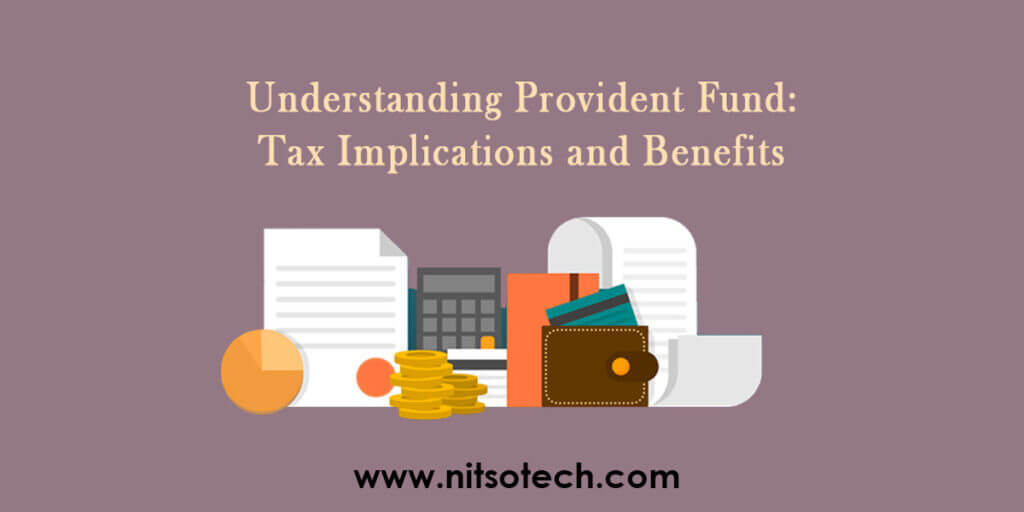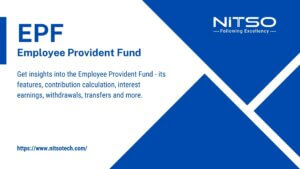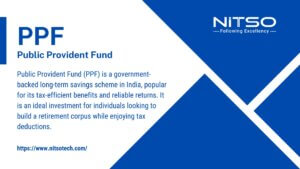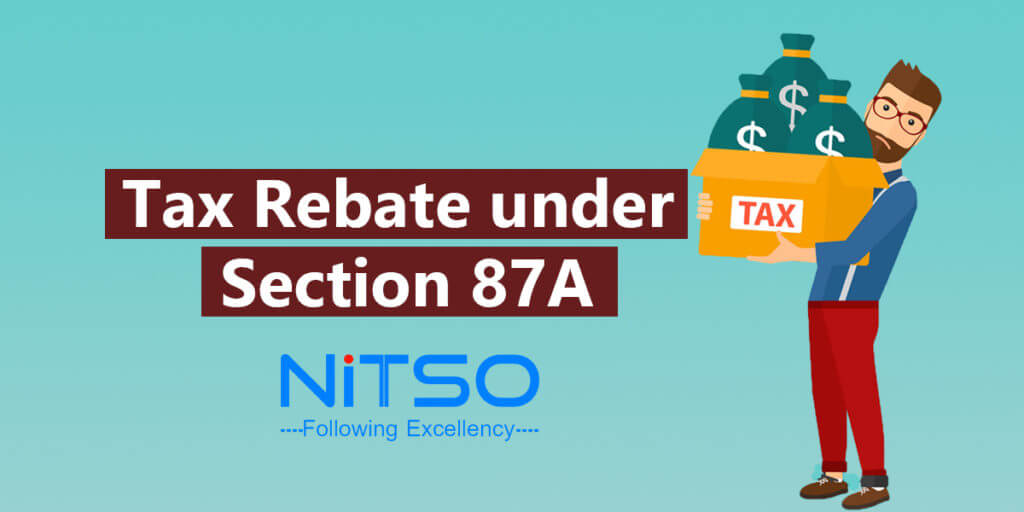In India, we have different types of provident funds which are created to address the needs of different sections of people. In this article, we will be looking into these different types of PFs.
Table of Contents
Employee Provident Fund or EPF
Any person who has employed 20 or more employees in an organization, is under an obligation to register himself under the Provident Fund Act, 1952, and starts a PF scheme for the employees in his organization after three years of its establishment.
However, if the employer wants, such a scheme can be started even though the employee is less than 20 or the commencement of business is less than three years.
Employers also have a choice to join the government’s scheme or can start their own PF scheme after getting approval from the PF commissioner and from the Commissioner of income tax.
EPF or Employee Provident Fund is one of the popular schemes managed by the government of India which is created for the benefit of those who are on the payroll of a company i.e. in employment.
Every month a certain specified sum based on the basic pay and dearness allowance of the employee is deducted by the employer from the employee’s salary as his contribution to getting it invested in the EPF account of an employee.
Employers also contribute an equal percentage of salary to the EPF account created in the name of the employee.
Both contributions from employee and employer are invested and interest earned on these is credited to the Employee Provident Fund account every year.
At the time of retirement, termination, or resignation from employment, the accumulated amount can be withdrawn by the employee if conditions related to the scheme are satisfied.
Statutory Provident Fund or SPF
SPF or Statutory PF is another type that is only meant for Government or Semi-Government employees, universities, or educational institutions affiliated with a university established under the statute or other specified institution. This scheme is set up under the PF Act, 1925.
Unrecognized Provident Fund
It’s a scheme where you don’t have approval from the PF commissioner or from the commissioner of income tax.
Public Provident Fund (PPF)
PPF is covered under the Public Provident Fund Act, 1968. Any public whether in employment or not may contribute to the Public PF scheme.
Employees have an option to contribute to PPF in addition to any of the above-discussed PF schemes. A self-employed person can have his account opened under the PPF scheme in any branch of the post office or in any bank like SBI, ICICI, or HDFC and start contributing to it.
Click to read about Tax Benefit on Home Loan.








0 Comments